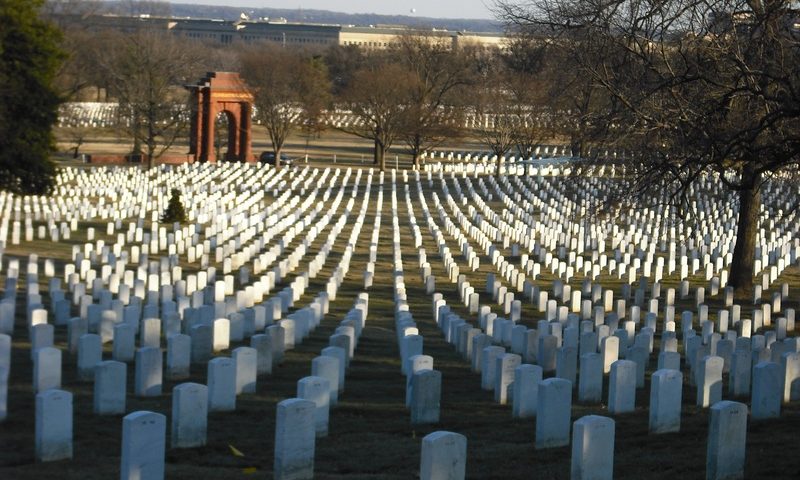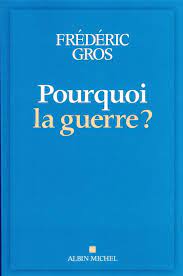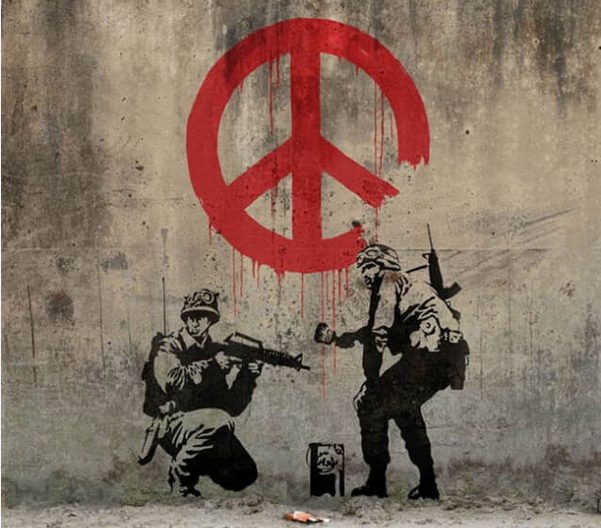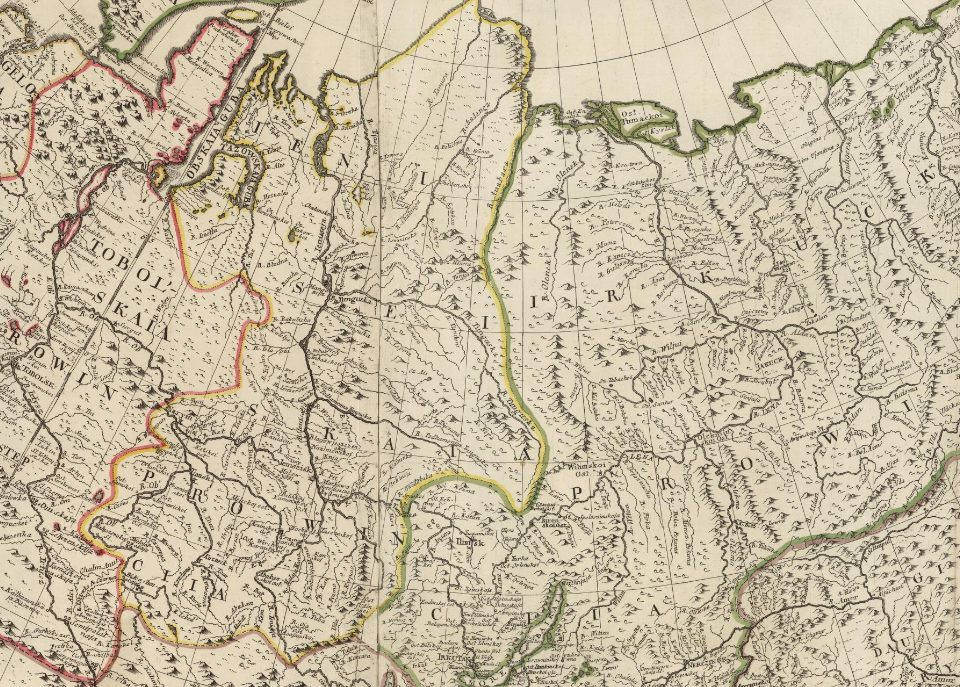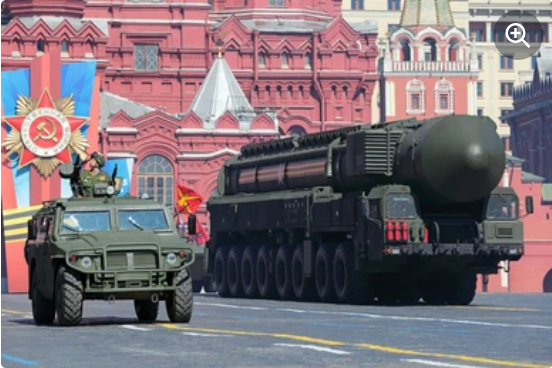


Imperialism Revealed in the War. Russia Exposed
16 April 2023
Useful Knowledge About Wars and Peace
17 April 2023‘But why war?’ The question seems naive and childish. It is fundamental, but made obsolete by the glaring absence of a definitive answer. Similarly, one could ask ‘why death, evil or violence?’ Is philosophy doomed to ask only impossible questions? It is important to go back to the first impression: that of a childish question that is fundamental and essential, but so naive… Perhaps philosophy is the discipline that tries to answer children’s questions in their enormity and seriousness – the ones that adults dodge and forget. Growing up would be a process of ceasing to ask the ‘big’ questions while philosophy is the discipline that holds onto the thoughts found in childhood surprise.
One could object that studying the causes, roots, explanatory factors, and motivations of wars falls within the remit of historians, while that of philosophers, drawing on a Platonic foundation, covers questions of essence: ‘what is war?’ Historians seek to elucidate factual causes, contingent factors, and motives that are always circumstantial and specific to a historically determined conflict. By contrast, philosophers try to reveal more general, or at least meta-historical, causes. This article will draw on a few references to sketch and discuss a philosophical construct of the ‘reasons’ for war.
Wars: a Matter of Passions?
The first thesis that comes to mind posits three great causes of violence, war, inter-individual conflicts, etc., as Hobbes presents in chapter XIII of his Leviathan(1)T. Hobbes, Leviathan, Dalloz, Paris, 1999, trans. F. Tricaud. Hobbes sought to analyse the three great ‘natural’ passions at the origin of the unhappy and miserable state that plagues men in the absence of a political authority to impose common laws on them – what Hobbes calls ‘the state of nature’ characterised by ‘the war of all against all’.
The first passion is greed, which refers to an elementary impulse: the desire for objects; the rage in snatching from someone what one is deprived of and sees another enjoying; the fierce self-centredness, jealousy, envy, and suffering from seeing others benefit from what could belong to oneself. The second passion is fear, elicited by the need for security and driven by the anticipation of perpetually imminent aggression from another. Mistrust is ever-present because the state of nature does not provide any guarantee, and in the event of misfortune the real culprit would be one’s imprudence. The third passion is glory, prestige, vanity – in other words, the quest for recognition, the mad desire to shine and appear under the terrible cloud of always having to prove one’s superiority over others.
These three passions each represent a state of disturbance of desire along three dimensions: desire to acquire what the other has (greed); desire to keep what one has (fear); and desire for recognition by all (vanity). Hobbes himself defined this desire in chapter XI of Leviathan as both fundamental (‘general inclination of mankind’) and insatiable (‘perpetual and unceasing desire […] which ceases only at death’). Philosophy typically distinguishes between the animal’s ‘need’, which is met and satisfied by the consumption of an adequate object, and ‘desire’, which haunts humanity and whose object is both a fantasy – i.e. never meeting concrete satisfaction – and a structural trigger of hostility among men. Human desire in its three main forms would thus be at the root of wars.
From Individual Passions to State Reasons
Human passions may not be the whole picture. One could say that they ultimately pertain to a psychological analysis, and that what differentiates war from conflict is that the former does not involve individuals, but states. As Rousseau famously put it: ‘War then is a relation, not between man and man, but between State and State’ (The Social Contract, I, IV). The logic of Hobbes’s reasoning allows for a shift from the individual to the State. As aforementioned, Hobbes paints a picture of man ‘in the state of nature’. Hobbes’s theses may be dated with regard to interstate relations, but although the UN’s capacity to prevent the outbreak of wars remains limited, these relations are comparable to those between individuals before the establishment of a political authority that can authoritatively regulate them: States are structurally in a state of perpetual war. We can therefore easily apply Hobbes’s typology to States (as seen in the works of Thucydides(2)Thucydides, History of the Peloponnesian War, trans. J. de Romilly, Robert Laffont, coll. “Bouquins” [Books], 1990. and Raymond Aron(3)Raymond Aron, Paix et guerre entre les Nations [Peace and war among nations], Paris, Calmann-Lévy, 1962, republished 2004.). For greed, it would not be difficult to show that a large share of wars is motivated by a desire for conquest or predation and a goal of seizing territories, natural resources, and raw materials. Wars can also obviously be rooted in fear: a neighbour’s military buildup can be deemed a threat and explain why an attack may be anticipated as ‘highly predictable’ (this is the concept of preventive war, or even ‘pre-emptive’ war when aggression is imminent). Finally, beyond their economic and security benefits, wars undeniably have a purely symbolic benefit: glory. Which European monarch during the classical age did not dream of himself as a ‘war king’, to use Joël Cornette’s expression(4)J. Cornette, Le roi de guerre [war king], Paris, Payot, 1993, republished 2021? Which emperor, from Alexander to Bonaparte, did not build his legend through military conquests? Throughout the long history states, the prestige brought by victory and the pure affirmation of one’s superiority over one’s neighbours have been an essential motivation of rulers who declare war.
The shift from the psychological to the political can therefore be considered relevant. One could establish an even closer link between the State and war than seeing the latter as a simple means of satisfying disastrous passions. War, in fact, gives the State its consistency. It is necessary to go beyond the simple nominalist position of saying that only a State can wage wars because ‘war’ is by definition an armed conflict between two States. Indeed, war only metaphorically applies to cases of hostile class, gender, or generational relations. To push the concept to its limit is to say that war makes States. Not just because external war stakes a territory, or more obscurely, establishes internal order: war is a relationship with an enemy, who is not quite an adversary, competitor, or rival. The enemy threatens one’s political identity and questions a set of values, way of life, and culture. But by challenging this identity, enemies also elicit it, summon it, and make it exist. A verse from the German poet T. Daubler is worth quoting here: ‘the enemy is our own question as a figure’. It is the same idea that Rousseau expressed when he stated that only war allows the State to feel itself existing. What is a State? The walls of Parliament? A bevy of civil servants? A territory delimited by borders? A cultural heritage? In war, all these scattered dimensions are brought together in a single bundle, ‘mobilised’ by a single tension: the defence or affirmation of oneself against an enemy.
Are the Roots to Be Found in Justice and History?
To conclude, despite its elucidating power, Hobbes’s trinity could undoubtedly be completed with an additional passion that also generates conflict and war: anger. Not anger in the sense of a simple explosive rage and a surge of impulses, but rather in the sense defined back in Aristotle’s Rhetoric (book II, 1378 b(5)Aristotle, Rhetoric, Digital version ): anger is a dark desire (orexis meta lupês) for revenge in response to a perceived injustice committed against oneself. This paves the way to introducing two important new dimensions to conclude this sketch about the ‘causes’ of war: justice and history.
First, justice: one of the reasons for going to war is suffering from an injustice (injuria), which war can help remedy and avenge. Assuming serious consideration of the idea of State ‘sovereignty’, it implies the absence of a supranational structure able to judge states (to be sovereign is to be one’s own judge) – and it would be important to note the existence for some decades now, of international justice authorities. Hence, war becomes a ‘normal’ means of settling a dispute between States when there is no other solution. This aligns with one of the most classic characterisations of war, from Trévoux’s dictionary(6)Universal French and Latin dictionary, commonly called Trévoux Dictionary, Compagnie des libraires associés [associated booksellers company], 1771 (‘War: dispute or quarrel between States or sovereign princes that cannot be ended by justice, and that is only resolved by force and arms’) to Kant (‘The right to make war – i.e. to enter into hostilities – is the permitted means by which one state prosecutes its rights against another(7)Emmanuel Kant, Doctrine of right, II, § 56, trans. J. and O. Masson, in Œuvres philosophiques III [philosophical works], Paris, Gallimard, Bibliothèque de la Pléiade, 1986, p. 619..
The great cause of wars would be the impossibility of international justice due to the sovereign nature of the states. Wars would substitute the unfeasible institution of a trial with the establishment of a balance of power in order to determine which side is ‘right’. However, this classical conception has become shocking, because it endorses the idea of a ‘right of the strongest’ and because the ‘normality’ of wars has become untenable as the ‘progress’ of destructive techniques makes them increasingly akin to indiscriminate massacres.
Second, anger refers to ‘historical’ causes of war, in the sense that war is also a matter – in line with the Aristotelian definition of anger – of avenging one’s history, that is, of taking revenge for past humiliations, overcoming old resentments, and ultimately attempting to rewrite one’s history. Philosophy tends to overlook this cause of war because reflection on war and history automatically places the relationship between the two in a dialectical and tragic Hegelian perspective(8)Friedrich Hegel Reason in history. A general introduction to the philosophy of history, trans. L. Gallois, Paris, Seuil, 2011. to show that wars have driven history, yielding atrocious suffering. Our 21st century is increasingly shedding belief in progress and has yet to reconfigure itself ahead of looming catastrophe. This extinction of the blinding light of progress has brought to fore a new situation: new wars are no longer waged for history, but against it, that is, as a desperate and mad effort to reverse it, invert it, amend it, and turn it around.
Bitterness is a sad passion and it is always sad passions – such as greed, fear, and vanity – that foment wars.
Frédéric Gros is a researcher at the Center for Political Research (CEVIPOF) and holds a doctorate in philosophy. His research focuses on contemporary French philosophy, especially Michel Foucault’s thought, on which he has taught several courses at the Collège de France. He studies the foundations of the right to punish, problems of war and security, and ethics of the political subject (notably the issue of obeying/disobeying).
Notes
| ↑1 | T. Hobbes, Leviathan, Dalloz, Paris, 1999, trans. F. Tricaud |
|---|---|
| ↑2 | Thucydides, History of the Peloponnesian War, trans. J. de Romilly, Robert Laffont, coll. “Bouquins” [Books], 1990. |
| ↑3 | Raymond Aron, Paix et guerre entre les Nations [Peace and war among nations], Paris, Calmann-Lévy, 1962, republished 2004. |
| ↑4 | J. Cornette, Le roi de guerre [war king], Paris, Payot, 1993, republished 2021 |
| ↑5 | Aristotle, Rhetoric, Digital version |
| ↑6 | Universal French and Latin dictionary, commonly called Trévoux Dictionary, Compagnie des libraires associés [associated booksellers company], 1771 |
| ↑7 | Emmanuel Kant, Doctrine of right, II, § 56, trans. J. and O. Masson, in Œuvres philosophiques III [philosophical works], Paris, Gallimard, Bibliothèque de la Pléiade, 1986, p. 619. |
| ↑8 | Friedrich Hegel Reason in history. A general introduction to the philosophy of history, trans. L. Gallois, Paris, Seuil, 2011. |

